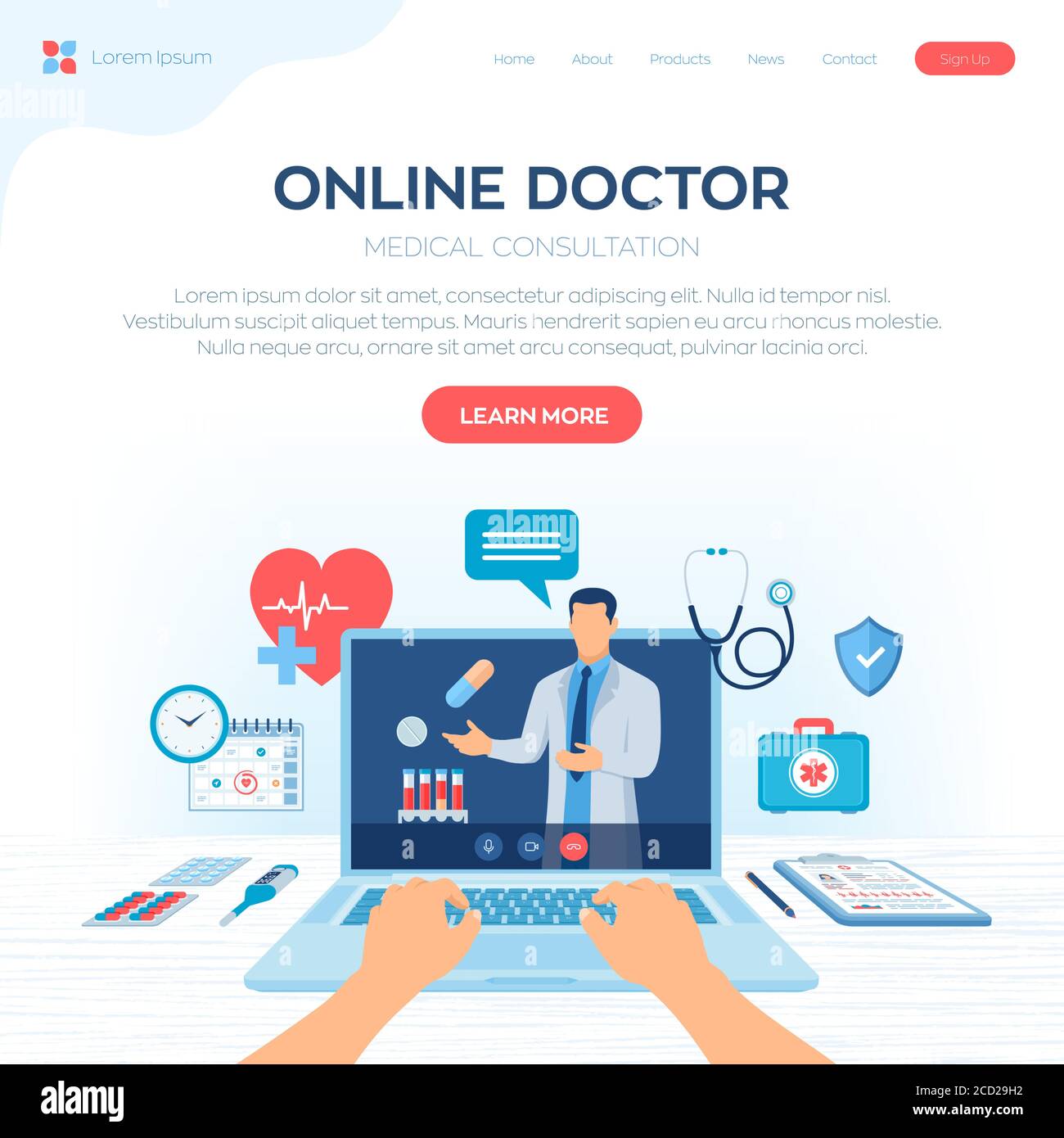The Impact of Subscription Based Healthcare on Typical Medical Practices
The Impact of Subscription Based Healthcare on Typical Medical Practices
Blog Article
The Increase of Subscription-Based Medical Care and Its Effect On Client Treatment
As medical care evolves, the subscription-based version is obtaining grip, assuring to revolutionize individual care by offering predictability and ease of access. These models, which bypass conventional insurance coverage, can redefine the patient-doctor dynamic, stressing preventive and individualized care. As with any innovation, they offer obstacles, particularly worrying fair access for all socioeconomic teams. The potential for these models to improve health care shipment increases pressing concerns regarding their long-lasting sustainability and inclusivity. Are these membership services the future of healthcare, or do they risk leaving susceptible populaces behind? The intricacies of this change warrant a better assessment.
Recognizing Membership Healthcare Designs
Understanding the principle of registration medical care designs involves examining a transformative approach to clinical services that highlights affordability and access. These designs, typically referred to as straight primary care (DPC) or attendant medicine, have actually become cutting-edge choices to standard fee-for-service healthcare systems. Membership medical care enables people to pay a set monthly or annual charge for a specified set of clinical services, which may consist of unlimited office visits, regular exams, and fundamental laboratory examinations, without the need for standard insurance invoicing.
The framework of subscription health care versions is designed to improve patient treatment by eliminating third-party payers and complex invoicing codes, consequently reducing administrative concerns. Medical care service providers can concentrate extra on patient care, fostering stronger patient-provider connections. This design likewise advertises preventative treatment by motivating routine brows through, as the economic barrier of per-visit charges is gotten rid of.
The registration design frequently equips medical care companies to handle smaller individual panels, enabling even more individualized treatment. It lines up monetary rewards with client health end results, as carriers are encouraged to keep individual satisfaction and health. Overall, recognizing registration medical care designs needs identifying their possible to reshape how treatment is supplied and accessed.
Benefits for Companies and clients

With a constant profits stream, healthcare specialists can dedicate more time to each individual, leading to a much more complete and customized treatment experience. The emphasis on precautionary care within membership strategies can lead to much better patient results and reduced lasting healthcare expenses.
Concerns and difficulties
While subscription-based medical care versions existing various benefits, they likewise come with a collection of difficulties and issues that need to be addressed. This increases honest concerns about equitable access to healthcare solutions.
Financial sustainability of subscription-based versions is an additional worry. Providers must stabilize the set earnings from memberships with the variable costs of health care solutions, which may fluctuate due to unforeseen clinical requirements. This can develop pressure to limit solutions or boost fees, possibly influencing individual contentment and care high quality.
Additionally, regulatory oversight of subscription-based medical care designs is still developing. The absence of standard frameworks can bring about inconsistent solution high quality and accountability, making complex efforts to ensure individual security. Finally, the integration of modern technology-- next page usually a keystone of these designs-- raises inquiries regarding information privacy and security, as sensitive patient info could be prone to breaches. Addressing these difficulties is crucial for the successful and fair implementation of subscription-based health care.
Effect On Patient-Doctor Relationships
One considerable influence of subscription-based medical care models on patient-doctor connections is the possibility for improved connection and customized treatment. By taking on a registration version, medical professionals can take care of a smaller sized client panel, allowing for even more committed time with each individual. This enhanced accessibility promotes a much deeper understanding of an individual's clinical background, lifestyle, and preferences, enabling more tailored therapy strategies and treatments.

Nevertheless, it is essential to recognize that while subscription-based versions might benefit those that can afford them, they could accidentally broaden healthcare differences. People who are unable to participate in these designs might experience lower access to personalized treatment, potentially influencing their connections with doctor. Therefore, while the subscription version provides encouraging advantages for patient-doctor relationships, it likewise postures difficulties that require to be dealt with to ensure fair medical care gain access to.
Future of Medical Care Gain Access To

The duty of innovation can not Click Here be neglected in this makeover. Telemedicine systems and digital wellness documents promote smooth communication in between individuals and doctor, breaking down geographical and logistical obstacles. Additionally, advancements in artificial intelligence and data analytics can further customize medical care by anticipating person needs and optimizing treatment strategies.
Nevertheless, the this post future of medical care access likewise presents challenges, such as making sure equity across various socio-economic groups. Policymakers and healthcare carriers should work together to bridge the digital divide, ensuring that subscription-based models stay comprehensive and cost effective. As these systems mature, they hold the guarantee of making health care more easily accessible, efficient, and patient-centric.
Final Thought
Subscription-based medical care versions are improving person care by providing a stable cost framework and boosting access. The increase of subscription-based medical care encourages aggressive client interaction, which has the potential to enhance patient end results and contentment, signifying a transformative change in health care shipment.
As health care advances, the subscription-based version is getting grip, guaranteeing to change client treatment by offering predictability and access.Subscription-based health care designs use unique advantages for both suppliers and patients, improving the overall health care experience.As healthcare systems progress, the future of medical care gain access to regularly hinges on the assimilation of innovative models and technologies.Subscription-based medical care versions are reshaping person care by providing a secure expense structure and improving availability. The rise of subscription-based medical care motivates proactive client engagement, which has the possible to enhance patient results and complete satisfaction, indicating a transformative shift in health care distribution.
Report this page